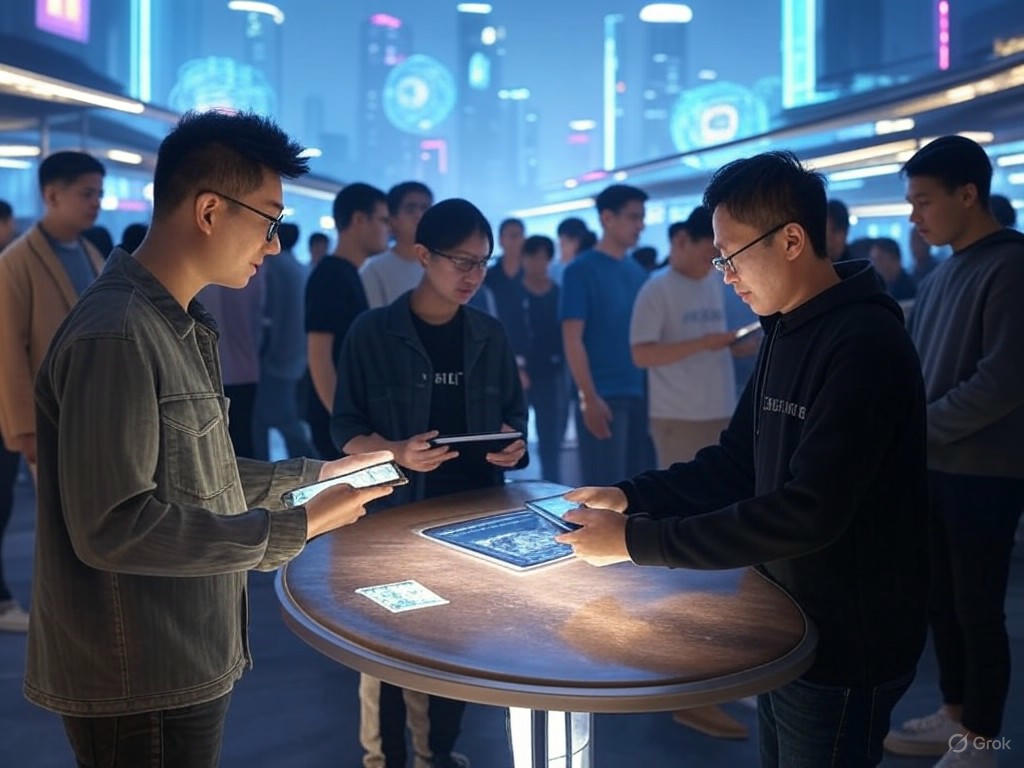In recent years, the integration of Non-Fungible Tokens (NFTs) into the gaming industry has marked a significant shift towards a new era of digital ownership. This trend is reshaping how gamers interact with virtual assets, leveraging the power of blockchain technology to ensure the uniqueness and ownership of in-game items.

NFTs, unique digital assets verified using blockchain technology, have become increasingly popular in the gaming sector. They offer gamers a way to own, buy, sell, and trade virtual items such as skins, weapons, and characters as collectibles. This development is not only enhancing the gaming experience but also introducing a new economic model within games, known as play-to-earn. In this model, players can earn crypto tokens by participating in the game, which can then be converted into real-world currency.
The use of NFTs in gaming is facilitated by the decentralized nature of blockchain technology. This ensures that once a player owns an NFT, their ownership is indisputable and cannot be altered or duplicated. This aspect of NFTs is particularly appealing to gamers who value digital ownership and are eager to engage with a system where their virtual assets hold real-world value.
Game development companies are now incorporating NFTs into their projects to attract a new demographic of players who are interested in the potential financial benefits of gaming. For instance, games like Axie Infinity and Decentraland have gained popularity by allowing players to earn NFTs that can appreciate in value over time. This not only provides a new revenue stream for developers but also creates a vibrant marketplace for virtual assets.
The rise of NFTs in gaming is also sparking discussions around the future of digital ownership. As more games adopt this technology, the concept of owning digital items that can be used across different platforms and games is becoming a reality. This could lead to a more interconnected gaming ecosystem where players have greater control over their digital possessions.
However, the integration of NFTs into gaming is not without its challenges. Issues such as the environmental impact of blockchain technology, the volatility of crypto markets, and the need for a broader understanding of NFTs among the gaming community are all factors that need to be addressed. Despite these challenges, the potential benefits of NFTs in gaming, particularly in terms of digital ownership and economic opportunities, are driving their adoption.

In conclusion, the rise of NFTs in gaming represents a pivotal moment for the industry. As more developers explore the potential of blockchain technology, the concept of digital ownership is being redefined. Whether this will lead to a fully decentralized gaming economy remains to be seen, but the impact of NFTs on gaming is undeniable, heralding a new era for digital ownership and virtual assets.